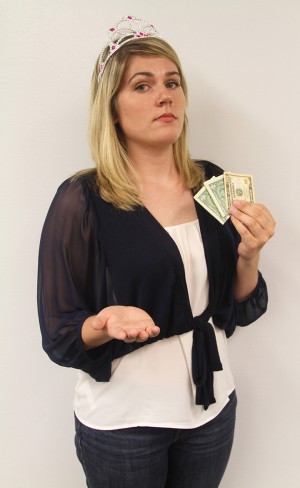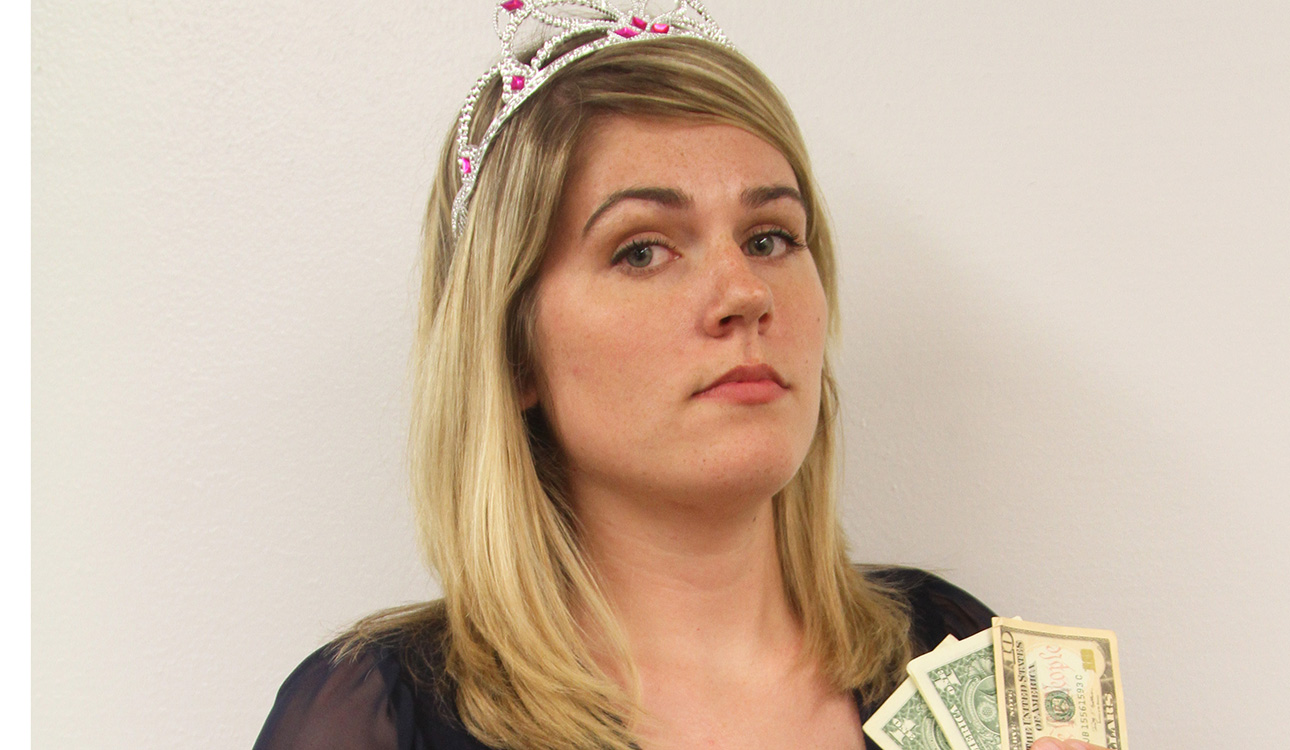
By Reubin Turner
Assistant City Editor
The ability to attend one of the most prestigious Christian universities in the world comes with a hefty price tag — $50,000 a year to be exact.
Upon admission into the university, late nights and heavy workloads are sure to ensue as students work toward obtaining a degree within the next four years.
Keller senior Courtney Roberts said these attributes of the university can lead to a sense of entitlement from students across campus.
In the spring of her junior year, Roberts applied for two major internships. Although both were reputable, Roberts was excited about a particular one in Dallas.
She was already in the process of completing one internship and was working to secure one for the summer.
“Both were public relations firms, but I had a friend who worked for the one in Dallas, so I was almost positive I would get that one,” Roberts said.
But after weeks of waiting for a response, Roberts never got one.
Because Roberts had worked hard in school to maintain high marks, and because she went to Baylor, she said she felt that securing the internship would not have been difficult.
“I knew it wasn’t something that wasn’t going to be handed to me, but I did feel that I would at least get an interview,” Roberts said.
She said she felt achieving high marks at a school with a name such as Baylor would have landed her the internship.
Dr. Wade Rowatt, associate professor of psychology, said stories like Roberts’ represent a growing sense of entitlement across the country.
Rowatt studies behavioral psychology, and described narcissism as having an excess love for one’s self.
Rowatt said this entitlement stems from a number of factors, including inflated GPAs and instilling a false sense of accomplishment in children at a young age.
“Many times, parents, teachers and coaches have a tendency to praise kids undeservingly, which eventually starts to manifest after a while,” Rowatt said.
He said practices such as giving a trophy to everyone on the team may be well-intentioned, but can have negative consequences in the long run.
According to a study conducted by Jean Twenge, Sara Konrath, Joshua Foster, Keith Campbell and Brad Bushman, the Narcissistic Personality Index has shown a linear trend since the mid ’80s.
The NPI is a test many psychologists and others such as internist Dr. Drew Pinsky, use to gauge narcissism within an individual.
Pinsky, who was the host of television reality show “Celebrity Rehab,” co-authored “The Mirror Effect: How Celebrity Narcissism is Seducing America,” in which he included the NPI test.
Roberts said she believes Baylor falls within the parameters of the trend because she has seen this characteristic exhibited in various ways.
“I know a number of people who thought their parents’ positions or someone they knew could get them jobs or internships,” Roberts said.
She said she even knew someone who had a position created for them because they were friends with the CEO of the company.
Roberts said no matter what she thinks in the future, she will always let her abilities and hard work dictate her achievements.
“Entitlement is understandable in a sense,” Roberts said. “I just choose not to rely on it.”






